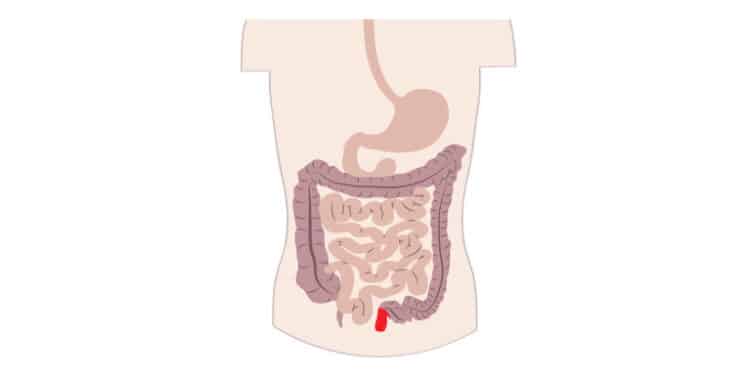Crohn’s disease is a chronic inflammatory bowel disease that affects parts of the digestive tract, from the mouth to the anus.
Crohn’s is characterized by abdominal pain, diarrhea, loss of appetite, weight loss and fatigue.
The disease can manifest throughout someone’s life, with severe chronic symptoms and at times others have a symptom free life.
Dr. Burrill B. Crohn and his associates originally provided a description of Crohn’s disease in 1932. They described a number of patients who had what they called regional enteritis, a chronic inflammation of the small intestine. Later, the condition was given the name Crohn’s disease in Dr. Crohn’s honor.
Depending on where and how severe the inflammation is, Crohn’s disease signs and symptoms can vary greatly.
Some typical signs include:
- Abdominal pain and cramping
- Weight Loss
- Rectal bleeding
- Fatigue
- Loss of appetite
- Diarrhea
- Joint pain and swelling
- Skin rash
- Mouth sores
Although there is no known cure for Crohn’s disease, there are a number of treatment options that can help manage symptoms and enhance quality of life. Among these therapy choices are:
- Anti-inflammatory medicines, immunosuppressants, and biologic therapy are examples of medications.
- Dietary adjustments and nutritional supplements are all parts of nutritional therapy.
- surgery to fix issues or to remove intestinal damage
- Lifestyle adjustments, such as frequent exercise and stress-reduction methods.
Also Read: Eczema Changes with Age-Research
Adopting a healthy lifestyle, which includes a balanced diet and frequent exercise, is necessary for managing Crohn’s disease. Here are some pointers for controlling Crohn’s disease:
- Consuming modest, regular meals all day long.
- Avoiding foods like spicy or high-fat foods that might act as triggers and exacerbate symptoms.
- Drinking plenty of liquids to stay hydrated.
- Getting enough sleep and controlling stress.
- Taking prescription medication as directed and attending all scheduled doctor’s appointments.











































































